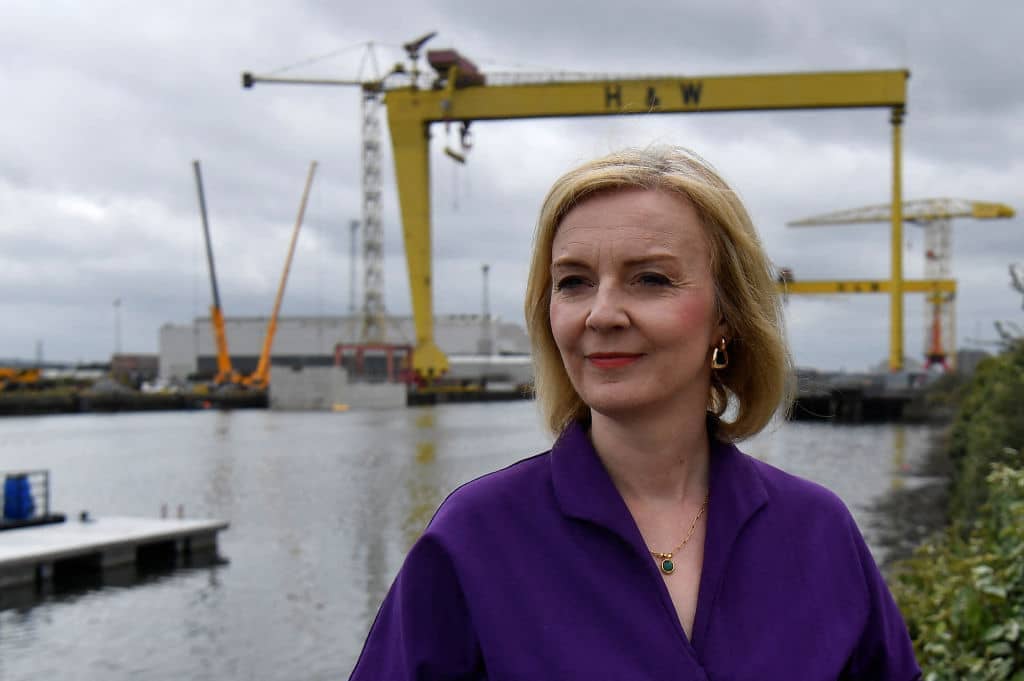This week, the Institute for Fiscal Studies offered tough words for those hoping for tax cuts: with inflation taking its toll on both government and household finances, the next prime minister would be forced to prioritise the most vulnerable and debt-servicing payments. This would require more revenue for the Treasury, not less. As the Office for National Statistics publishes the latest public sector finance data for July, are these warnings too pessimistic – or already proving apt?
Inflation continues to ramp up debt interest payments – a grim reality for any government which wants to spend money on delivering new and better services, not on money it’s already spent. Last month saw debt-servicing payments nearly double from the year before: central government debt interest payable was £5.8 billion, up £2.3 billion from July last year. But there was a notable drop from the previous month, when debt-servicing payments jumped to a record high in June, hitting nearly £20 billion. Debt-servicing payments are volatile from month to month, largely because quite a large chunk of the UK’s debt is linked to RPI. So, while the substantial drop between June and July’s figures is no doubt an improvement, neither is it a sign that the government’s fiscal predicament is improving.
Liz Truss’s camp would argue that tax cuts will spur on growth to make up for lost revenue
This is evidenced by the gap between forecast and reality for debt servicing payments between April and July this year; payments are more than £4 billion higher than was forecast by the Office for Budget Responsibility in March: £39.8 billion compared to £35.2 billion. The IFS predicts debt-servicing payments will reach £100 billion in 2023-24, ‘some £50 billion higher than forecast by the OBR in March.’
The IFS warnings chime with Rishi Sunak’s economic pitch to grassroots voters that public finances are too vulnerable to shocks to be slashing tax, at least right away. Liz Truss’s camp would argue that tax cuts will spur on growth to make up for lost revenue. Meanwhile economists in the latter camp will argue that these figures are not as frightening as they sound: Julian Jessop made the case on Coffee House for pressing on with tax cuts despite higher debt interest payments just last month, which you can read here.
As this debate continues to play out between the leadership hopefuls, more and more economic updates are being added to the list – not least news this week that inflation hit double digits and real wages took their biggest fall on record. Right now it’s job vacancies, coupled with Britain’s low unemployment rate, that are keeping the dreaded ‘stagflation’ at bay. But with a difficult winter ahead for both individuals and businesses, there’s no guarantee these numbers don’t take a hit as well.







Comments